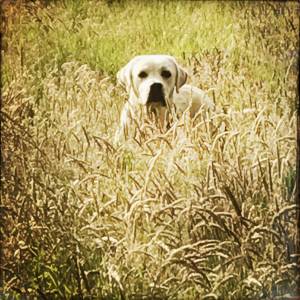Near This Spot
Dear O'H dear and Lovely Tea Jenny,
When I was walking to work this morning I noticed this plaque on Potterrow. At first I was just amused by the ‘near this spot’ description of Clarinda’s abode but then my curiosity was piqued.
It turns out that ‘Clarinda’ was Agnes Maclehose or Nancy to her friends. She was born in 1759, the daughter of a surgeon. She was a very beautiful and well read young lady and against her fathers wishes, married James at the age of seventeen and had four children in four years. James turned out to be a bit of a tosser so she left him and he legged it to Jamaica.
Seven years later, in 1787, she met Burns at a tea-party and they began an ‘unconsummated’ love affair. They visited each other and corresponded secretly using the names ‘Sylvander’ and ‘Clarinda’. They exchanged around 50 letters over three months but although they were head over heels, Nancy kept her knickers firmly on and Burns well away from her Nancy.
It was obviously a bit too much for the hot and bothered young Burns and he seduced Nancy’s maid, Jenny Clow who delivered Nancy’s letters (and a whole lot more it would appear). Inconveniently for Burns, this liaison resulted in Jenny being pregnant.
Burns left Edinburgh soon after and returned to another of his pregnant ladies, Jean Armour and married her in 1788. He left his friend, Robert Ainslie to tell Nancy about his nuptials and she understandably took the hump and their correspondence at this point was slightly ‘heated’ in tone.
The pair seemed to have put their differences behind them by 1790 and their passionate correspondence resumed. They had one last meeting in 1791 and shortly after, Burns sent her the poem ‘Ae Fond Kiss’
Absence must have made the heart grow fonder as Nancy decided to go to Jamaica to reconcile with her estranged husband James. When she got there, he had a slave mistress and a daughter so the idea lost its shine and she came back to Edinburgh. She exchanged a few friendly letters with Burns but never with the passion of their previous correspondence.
Nancy died in 1841, outliving Burns by 45 years. In her advanced years, she often spoke about the letters, poems and songs that he had written her and the poems she had sent in return.
The things you learn at work. What a productive day!I
C

Comments
Sign in or get an account to comment.


